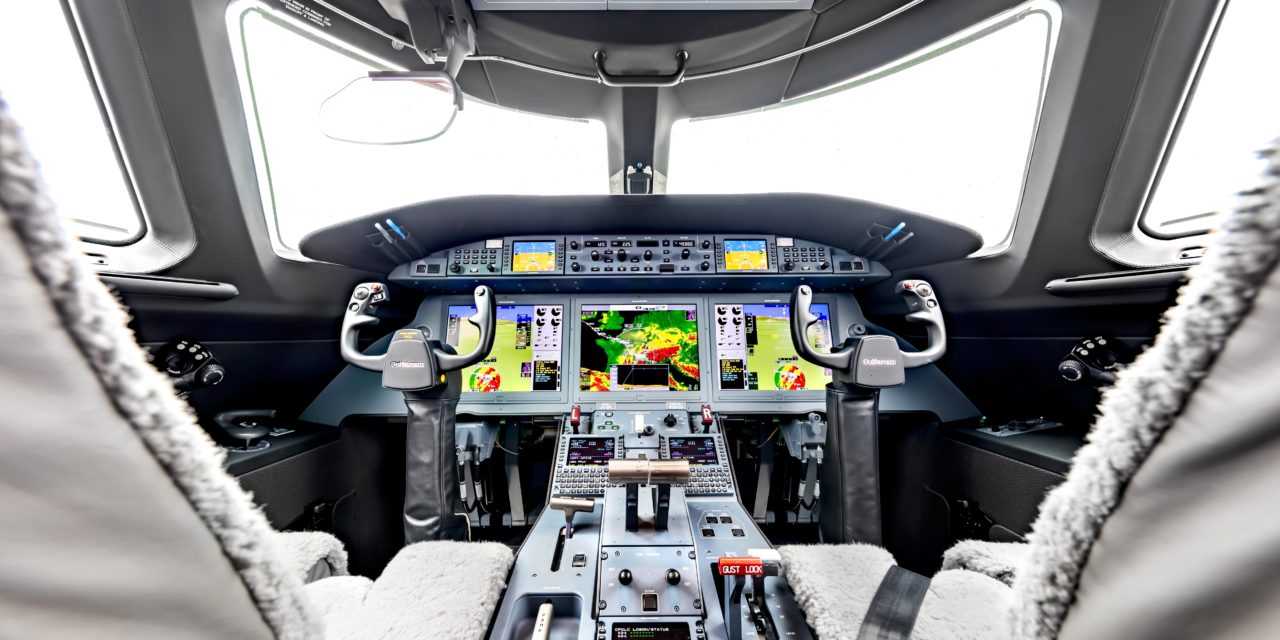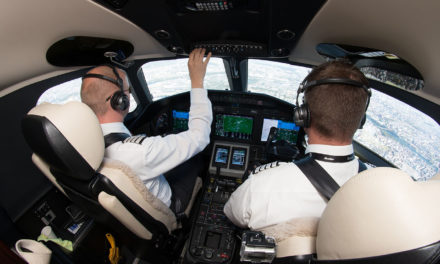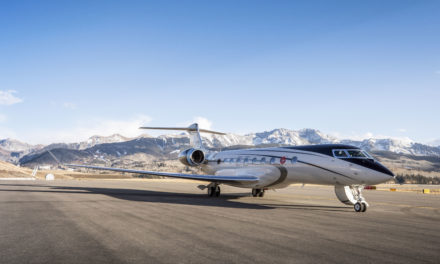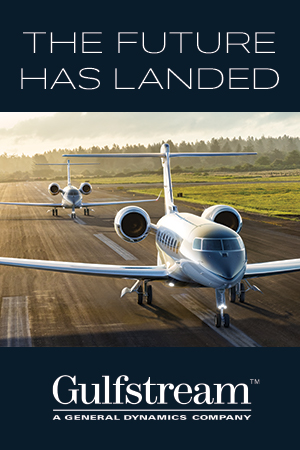By Frédéric Vergnères
The European Commission (EC) has announced that it is extending the deadline for fitting ADS-B on board aircraft by six months to 7 December 2020.
The Commission, which allows operators and professionals to take the necessary measures until 7 December, cites the devastating impact of the COVID-19 crisis on aircraft operators. “The outbreak of the pandemic of Covid-19 virus and the resulting impact on the aviation sector has led to unforeseeable obstacles for aircraft operators to pursue their activities to bring the aircraft in compliance“, says the committee in its regulation.
For its part, the EBAA – European Business Aviation Association – has indicated that it appreciated this decision but also the additional flexibility offered by the European Commission with regard to the transitional provisions. It also welcomes the exemption from this “update” for aircraft which will cease operations before 31 October 2025. Indeed, the new regulation stipulates that operators of aircraft manufactured before 7 December 2020 will have until 7 June 2023 to comply with the ADS-B equipment mandate. However, they will still have to draw up an ADS-B compliance programme before the new deadline of 7 December, provided that they have not received EU funding to bring the aircraft into compliance with ADS-B.

ADS-B for Dummies
The Automatic Dependent Surveillance-Broadcast -ADS-B is a cooperative surveillance system for air traffic control. It enables the position of an aircraft to be determined very precisely via a satellite positioning system. Its potion and other information about the aircraft and its location are sent regularly to ground stations and other aircraft equipped with this system. ADS-B, as we have seen, makes it possible to increase flight safety and its deployment is now a very interesting alternative in regions not equipped with radar. According to EBAA, there is still a long way to go to fully implement the infrastructure to receive ADS-B information on the ground, but also to offer affordable solutions for general aviation aircraft that meet safety standards. According to the European association, ADS-B requirements should in the long term meet the needs of all airspace users and thus ensure harmonised compliance in other regions of the world.
Crisis management
On the strength of this announcement, the EBAA Secretary General, Athar Husain Khan, stressed that the European association “has always supported ADS-B surveillance technology” and “thanked the European Commission for its flexibility in these difficult times“. According to the EBAA leader, this additional time “will go a long way towards easing some of the burdens on operators and will help the business aviation sector to continue to play its vital role in the fight against COVID-19 and in Europe’s recovery from the crisis“.

The leader emphasized the vital role of business aviation in Europe during the pandemic, which allowed for a large number of health and non-health-related Covid-19 related trips. While many operators specialising in medical and emergency flights were particularly solicited, other companies were also mobilised as part of solidarity operations, such as the flights operated by Aviation Sans Frontières for the transport of healthcare personnel across France. Throughout the world, business aviation has also made it possible to guarantee the transport of freight, the delivery of essential medical supplies to certain remote corners of the globe without being forgotten, and the repatriation of certain citizens at the request of governments.
With its resilience in the face of the pandemic, business aviation, like other aviation sectors, is not expected to escape the crisis, particularly among manufacturers. In fact, the EBAA sent an open letter on 2 April urging European policy makers and regulators to protect the continuity and survival of the business aviation sector in the face of the COVID-19 pandemic. The measures contained in the letter have the same objective: to help protect as many companies as possible.









